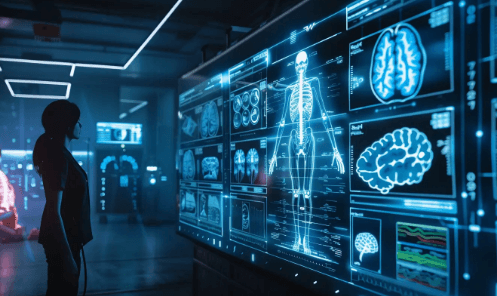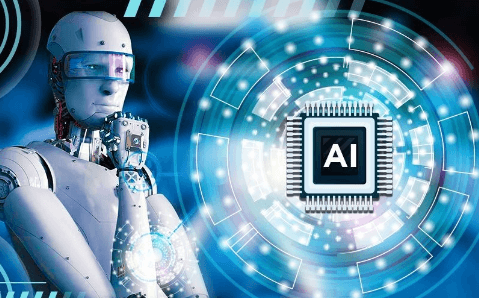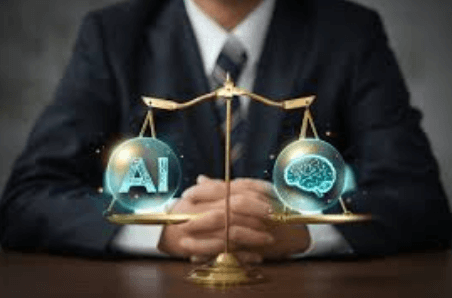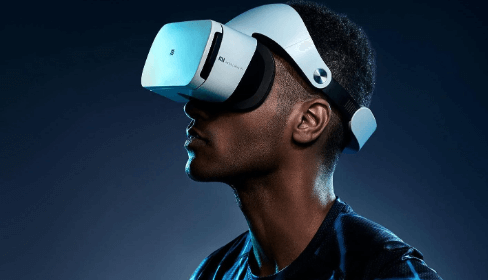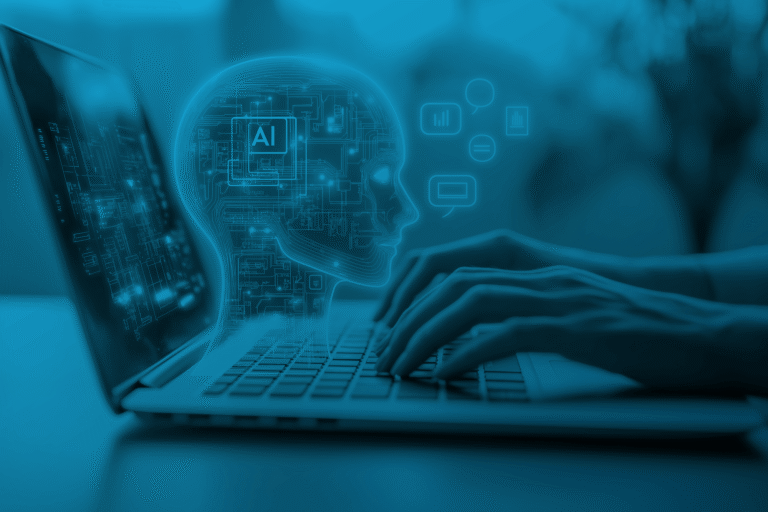How Artificial Intelligence Is Changing Healthcare Diagnostics
Artificial Intelligence (AI) has significantly advanced diagnostic accuracy and early detection capabilities in healthcare by enabling the analysis of complex datasets beyond human capacity.
Ethical considerations and regulatory hurdles are critical, as ensuring transparency and adherence to standards are essential for fostering trust and facilitating autonomous decision-making.
Addressing these issues promotes innovation while safeguarding patient autonomy and safety.
Integrating AI in Medical Imaging and Radiology
The integration of AI into medical imaging and radiology has transformed diagnostic workflows by enabling automated analysis of complex imaging data with high speed and accuracy.
Considerations of AI ethics and data privacy are paramount, ensuring responsible deployment. Balancing technological advancement with ethical standards fosters trust and safeguards patient rights in AI-driven radiological applications.
Personalizing Treatment Plans Through Data Analysis
How can data analysis enhance the personalization of treatment plans in healthcare? By integrating diverse datasets, AI algorithms optimize individual therapies, improving outcomes.
However, ethical considerations and data privacy are paramount to ensure patient autonomy and trust. Balancing technological potential with ethical safeguards enables precise, personalized treatment while respecting rights and fostering innovation.
Overcoming Challenges and Looking Ahead in AI-Driven Diagnostics
Advancements in AI-driven diagnostics hold significant promise for enhancing early detection and precision medicine. However, several challenges must be addressed to realize their full potential.
Ethical considerations surrounding data privacy and bias, along with regulatory hurdles, impede progress. Overcoming these barriers requires robust frameworks ensuring transparency, accountability, and compliance, paving the way for autonomous, trustworthy AI systems in healthcare.
See also: How AR and VR ARe Enhancing User Engagement
Conclusion
Artificial intelligence acts as a catalyst, transforming healthcare diagnostics into a more precise and proactive discipline. Its ability to enhance accuracy, personalize treatments, and streamline imaging processes positions it as a pivotal force in medical innovation. While challenges remain, the trajectory of AI integration is akin to a rising tide, promising to elevate diagnostic capabilities and patient outcomes. Continued advancements will likely define the future landscape of healthcare, fostering a new era of data-driven medical excellence.
